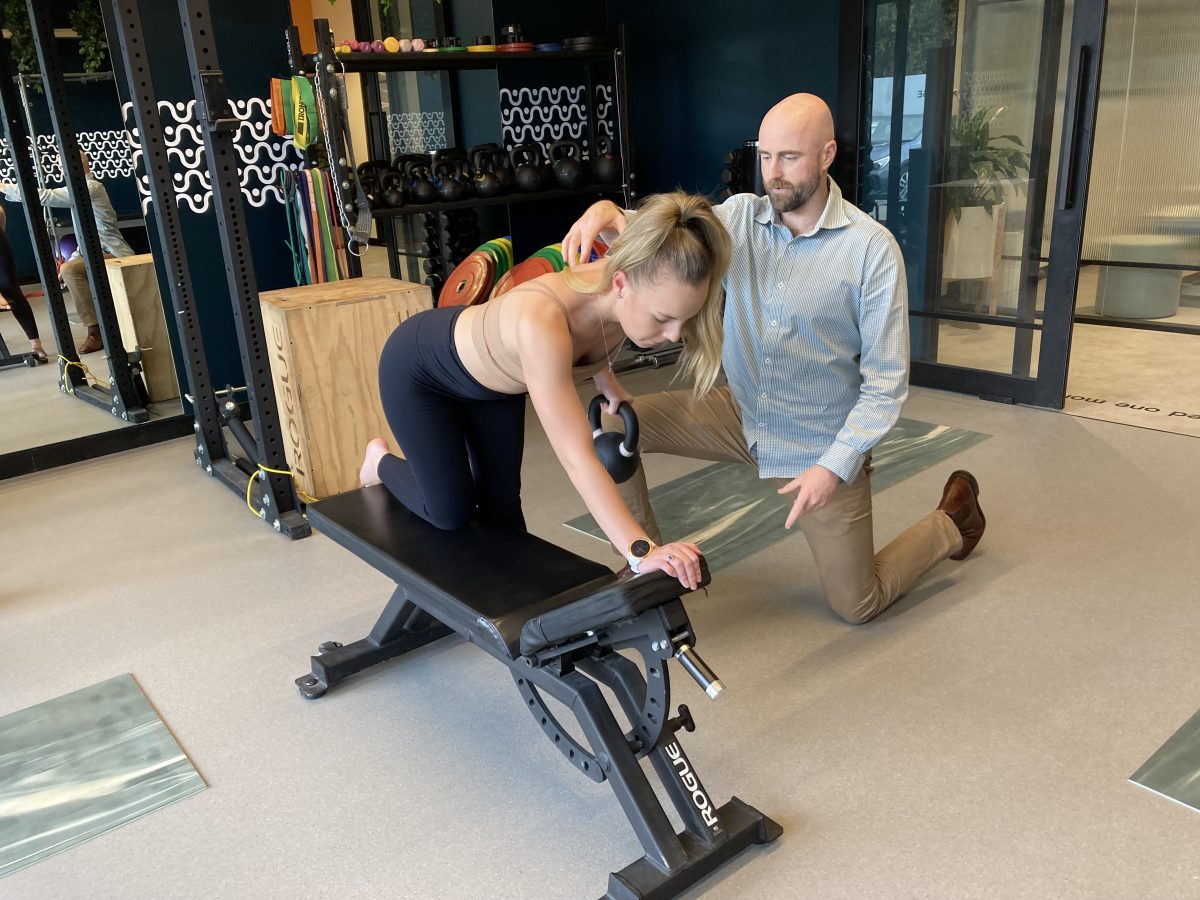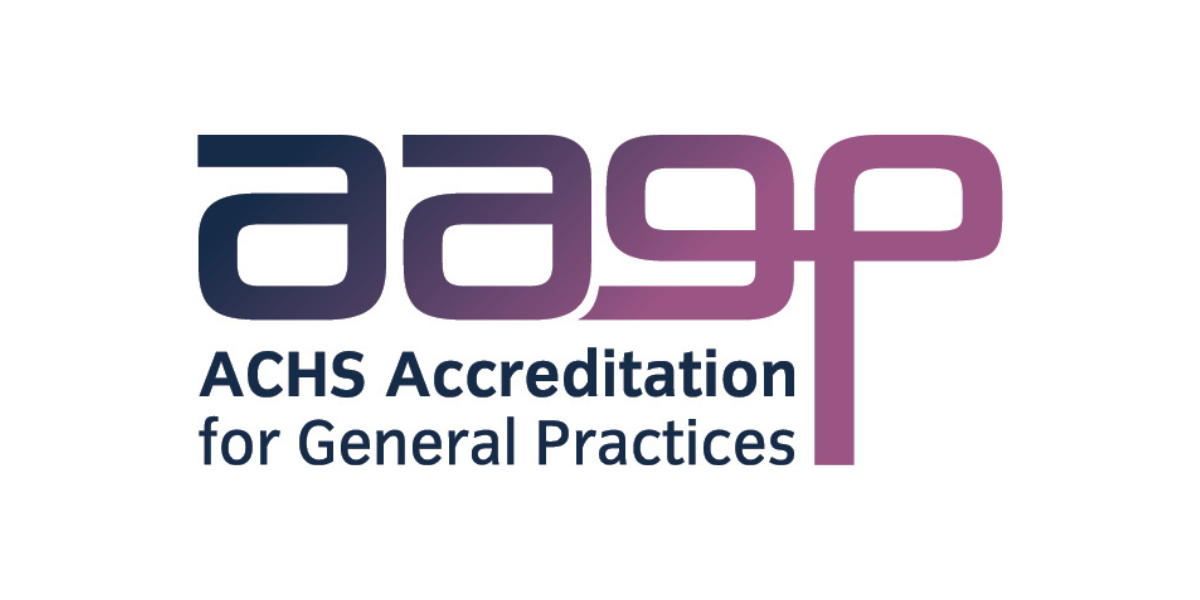Post-Surgery Rehab — What You Need to Know
While surgery on a muscular or bone-related injury will hopefully improve long-term mobility, patients should keep in mind that most operations require a rehabilitation period. You may be bed-bound or confined to the living room couch for a few days. Following this, you’re unlikely to have the same strength or range of motion you are used to enjoying.
In situations where surgery on an injury is absolutely necessary, all patients will benefit from consulting a Croydon physio to help develop a plan that gets them back to doing what they love sooner.
What type of surgeries will require rehab?
Before you go under the knife, your surgeon should clearly explain what to expect post-procedure and whether or not you will benefit from taking part in a rehabilitation program. Most patients will, whether they have undergone a knee replacement or had a torn tendon repaired.
Common conditions that tend to require rehabilitation include:
- Shoulder, knee, hip, and ankle reconstructions
- Bone breaks and fractures
- Tendon repairs
- Heel spur removals
- Ligament repairs and reconstructions
- Spinal fusion or stabilisation.
Patients often don’t realise that other types of surgery not involving the musculoskeletal system may also require a rehabilitation process that is led by a Croydon physio. The process of recovering from heart surgery, for example, may involve following breathing and circulation exercises and a gradual return to aerobic activity, all of which are considered surgical rehabilitation.
How long will rehabilitation take?
The answer to this question depends completely on the type of surgery you have had.
You probably know from watching elite-level sports that rehabilitation for a torn ACL joint can take up to 12 months. Recovering from a broken forearm, on the other hand, will have a much shorter time frame.
Other factors that will influence the length of rehabilitation include the patient’s age, any pre-existing health conditions they might have, and what level of fitness they are aiming to return to.
If the goal is simply to regain full mobility, rehabilitation will be a far shorter process than someone looking to make it back to a professional sporting level.
What will rehabilitation involve?
Again, the answer to this question depends on your original injury.
A good Croydon physio will tailor your rehabilitation plan to your specific needs. They will take time to understand your injury, your concerns, and what level of fitness you are hoping to return to. They’ll be able to provide personalised advice based on your medical history and the guidance of your surgeon and other medical professionals.
A physio may use a combination of massage and guided exercises to help rebuild strength and improve your range of motion.
How can I find a physio to assist with rehabilitation?
Your surgeon may provide you with the contact details for a physio trained in rehabilitation for your specific surgery. Alternatively, simply search online for a ‘physiotherapist near me.’ The majority of physios will be trained in post-surgery rehabilitation and will possess the skills and experience required to tailor and appropriate treatment plan.




Post Comment